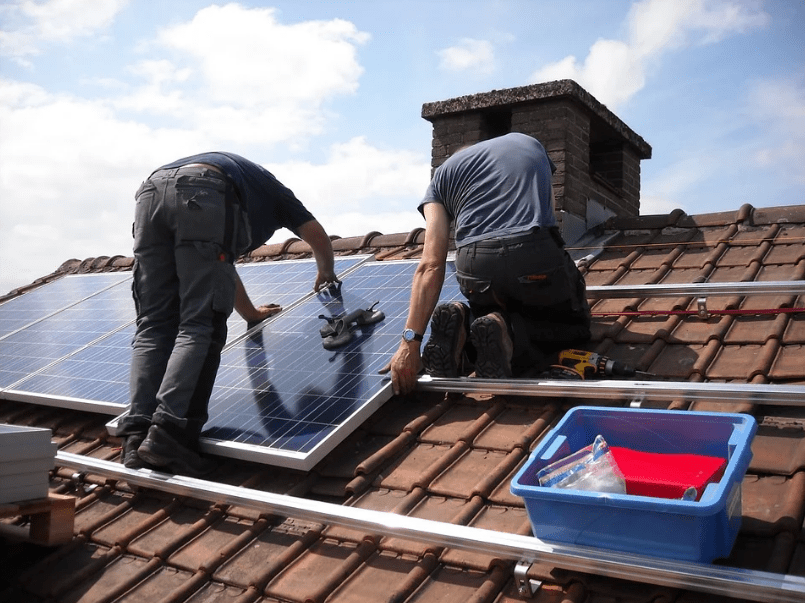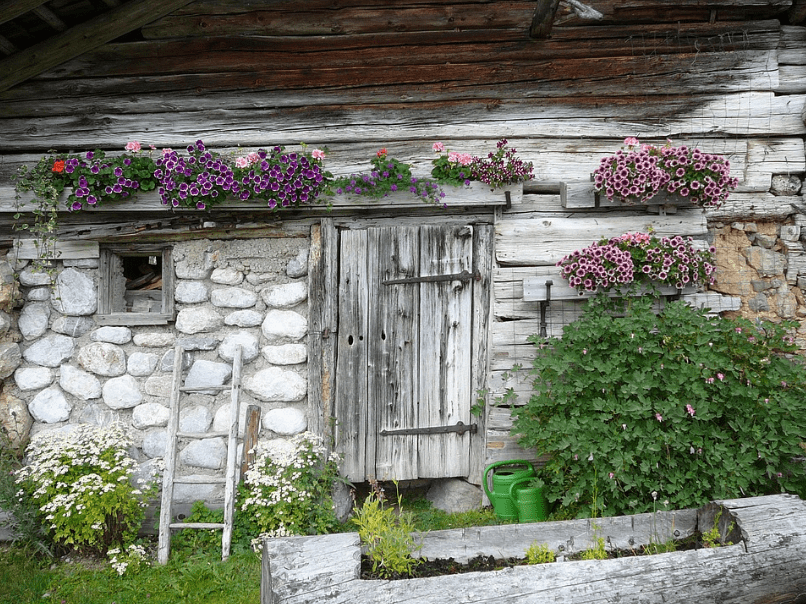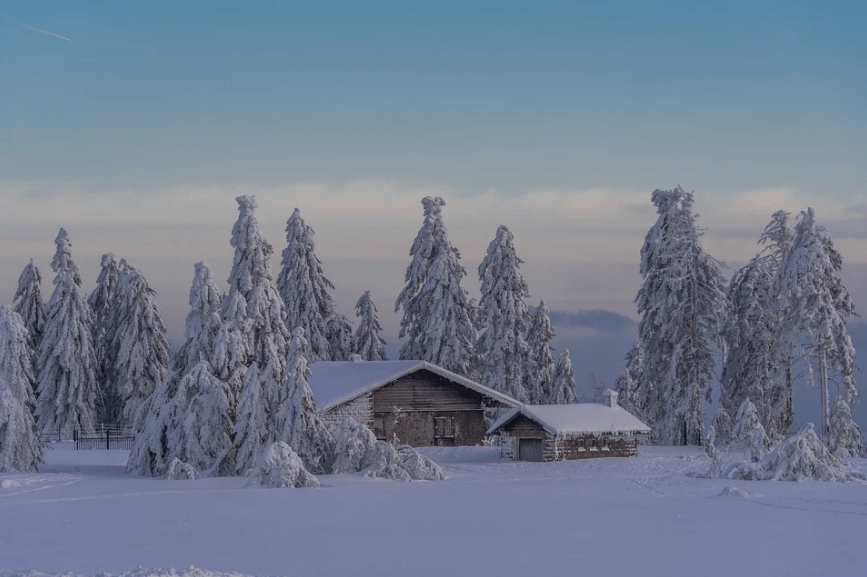With the fast rate of technological advancement today, most of the population is moving forward to more sophisticated ways of living alongside new technology. However, not everyone is on board with this.
A growing part of the population has and is continuously downsizing their lifestyle to minimize or totally cut off their connection with society and its utilities. This is called off-the-grid living.
Many off-grid communities in the US and other parts of the world have been formed and have thrived over the years.
There are many reasons why people choose this lifestyle, such as to cut off a considerable portion of their expenses, to learn how to live sustainably, to live closer to nature, and to detach from the busy and fast-paced urban living. Indeed, there are a lot of benefits to attaining this lifestyle. But if you plan to adapt to this kind of living, you need to learn more about off-the-grid living.
So, here are a few disadvantages of living an off-grid life.
Start-up costs
Although off-the-grid living is a great money-saver in the long run, the initial cost of establishing this lifestyle can still be expensive. A lot of factors come to play as to why starting an off-the-grid lifestyle is costly. First, you need to source quality and durable materials for your off-grid home. These materials should be able to withstand the harsh climates of your chosen region.
You can always save by opting for reclaimed materials, but a huge part of your construction needs may still need to be bought brand new. You also need to spend on creating your land and water systems using high-quality supplies and equipment that will last for years in demanding outdoor environments.
On top of these, setting up your alternative energy systems, maintenance, and labor requires a significant amount of money.
It is challenging in the first phases of transition. You may get a lot of hassles and frustrations in the process. However, it makes you realize that this lifestyle is indeed a total commitment. The good thing is, some organizations are financing renewable energy solutions that may be available in your area.
Finding the right spot for building
Another disadvantage of living off-grid is finding the perfect spot for your building and power system installation. You have to know that not all alternative energy sources work for all land types of already-built homes.
If you don’t have the right home or land, building your off-grid space would require you to look for new suitable buildings or land to construct these facilities.
In addition, you also need to understand that some locations are not ideal for accessing renewable energy. You have to find spots that will maximize your energy generation. For instance, wind turbines must be installed in areas that have a greater wind flow. If you go for solar energy generation, make sure to choose a location that will expose your solar panels to unlimited heat in the day. Places more prone to overcast and cloudy conditions cannot maximize your energy generation process.
Since you are relying on these generated energies from alternative systems, this can be a serious concern.
Reduced energy consumption
Off-grid living strips you of the luxury of consuming as much energy as you can when living in an urban society. With this downsized lifestyle, you purely rely on energy generation from the energy systems you will build, may it be through solar panels or wind turbines.
Depending on your location and the area’s condition, these energy generation systems cannot provide you with much energy. Thus, you need to learn to conserve energy and wisely consume it to maximize your needs with the limited power at hand.
This means you need to reduce your amount of electronic device use and constantly monitor your energy use and available energy left. This is one of the disadvantages of living off-grid, but you will learn how to manage it and reap its benefits through time.
There are more powerful energy generation systems that you can install, yet they cost much more than the standard ones.
Far from necessities and convenience
Being accustomed to all your necessities accessible to you can be quite hard to let go of. However, in living off-grid, all those readily available necessities, convenience, and comfort will be replaced with limited resources, and all you have to do is make the best out of these resources. Needless to say, living off-grid requires you to make a lot of compromises as you transition to fully adapting and getting used to the lifestyle.
No pizza deliveries whenever you crave something to eat. No coffee shops around the corner to make your morning dose of caffeine.
Living off-grid also means you have limited access to your necessities, such as groceries, medicines from pharmacies, and equipment suppliers. Furthermore, you cannot easily get professional services to assist or fix you with your home concerns, such as construction, auto repairs, plumbing, power, land management, and other fundamentals.
Dealing with solitude
Finally, living off-grid alone also means dealing with some occasional solo blues of not talking or interacting with other people for days, weeks, or months on end.
This is a major disadvantage of living off-grid for some and a major challenge in your transition, especially if you have grown accustomed to being surrounded by people. Even those who chose to go off-grid to detach from other people may still miss the company of another human being.
If you are the type that can survive a long time with human interaction, then off-grid living is for you. Otherwise, you need to get used to being alone for a long time.



